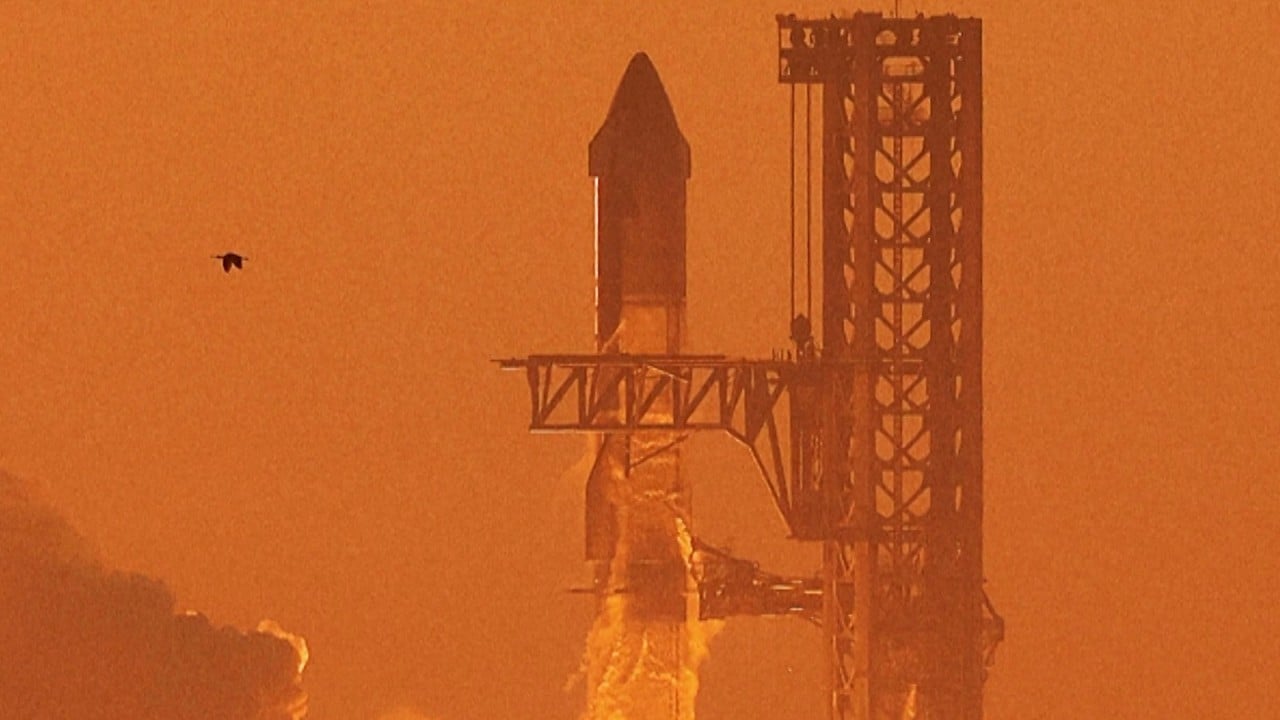Why SpaceX’s Chinese rivals can turn around faster if rocket launches fail
While SpaceX faces lengthy paperwork for each launch approval, flexible regulations in China allow aerospace firms to rebound faster

A private Chinese aerospace company’s reusable rocket blew up during a flight test on Sunday, in China’s first publicly reported landing failure of its kind.
At 1.40pm on Sunday, Deep Blue launched a vertical recovery flight test of its “Nebula-1” reusable launch vehicle from a site in Inner Mongolia autonomous region in northern China. The vehicle ascended and descended smoothly, but its engine shut down before landing, causing the rocket to crash and explode.
“Another vertical recovery test will be carried out in November, and the rocket will be launched into orbit in the first quarter of 2025,” Deep Blue Aerospace’s chief engineer Du Pengfei said on Monday.
Explaining the quick recovery, he said: “The Chinese government is very tolerant and encouraging of commercial space flights. We have implemented comprehensive safety measures and getting approval after filing the required application was quick.”
According to another space industry expert who asked not to be named because of the sensitivity of the matter: “The registration and approval of flight tests below 30km [18.6 miles] is not that complicated according to regulations on the website of the [regulatory body] State Administration of Science, Technology and Industry for National Defence.”

